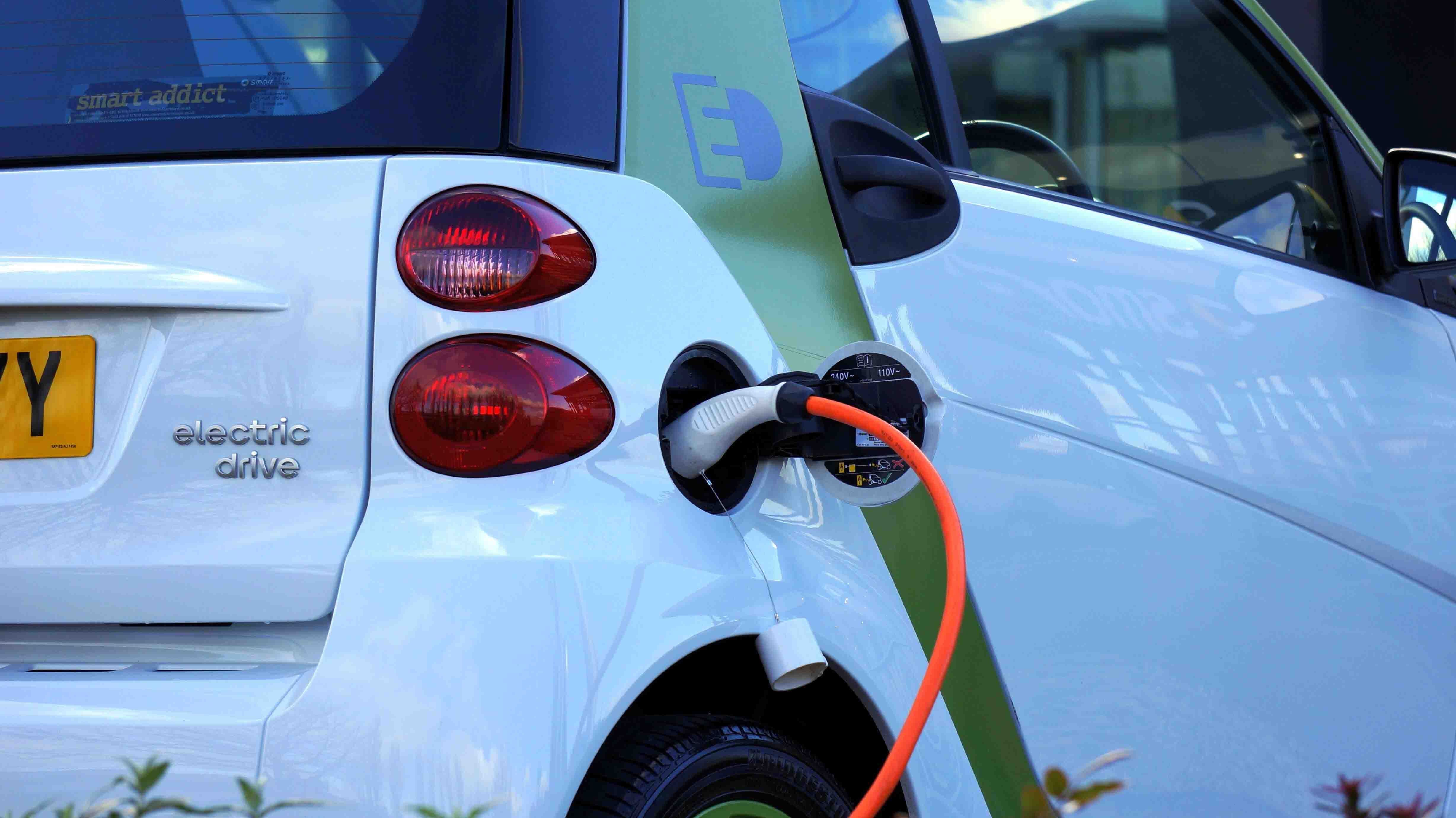With the global new energy vehicle (NEV) market becomes increasingly competitive, BYD is rapidly expanding overseas, driven by the unique advantage of its plug-in hybrid electric vehicle (PHEV)-dedicated technology.
According to data compiled by the Gasgoo Automotive Research Institute, in the first quarter (Q1) of 2025, BYD's PHEVs outsold battery electric vehicles (BEVs) in key markets like Mexico, Brazil, and Turkey, fueling the brand’s growth abroad.
Here are the top 10 destination countries by BYD passenger vehicle exports in Q1 2025, with detailed data:
Mexico: 14,595 battery electric passenger vehicles and 19,781 plug-in hybrid electric passenger vehicles, totaling 34,376 units.
Belgium: 17,999 battery electric passenger vehicles and 15,689 plug-in hybrid electric passenger vehicles, totaling 33,688 units.
Brazil: 8,291 battery electric passenger vehicles and 12,273 plug-in hybrid electric passenger vehicles, totaling 20,564 units.
Turkey: 4,526 battery electric passenger vehicles and 9,434 plug-in hybrid electric passenger vehicles, totaling 13,960 units.
Thailand: 11,167 battery electric passenger vehicles with no plug-in hybrid electric passenger vehicles, totaling 11,167 units.
UK: 5,650 battery electric passenger vehicles and 4,677 plug-in hybrid electric passenger vehicles, totaling 10,327 units.
Indonesia: 8,924 battery electric passenger vehicles with no plug-in hybrid electric passenger vehicles, totaling 8,924 units.
Spain: 4,300 battery electric passenger vehicles and 4,126 plug-in hybrid electric passenger vehicles, totaling 8,426 units.
Australia: 5,617 battery electric passenger vehicles and 2,740 plug-in hybrid electric passenger vehicles, totaling 8,357 units.
Philippines: 1,380 battery electric passenger vehicles and 3,421 plug-in hybrid electric passenger vehicles, totaling 4,801 units.
The data reveals three distinct market categories: PHEV-dominant, balanced development, and BEV-focused. These categories not only reflect varying infrastructure and policy landscapes, but also showcase BYD's targeted market strategy.
In the PHEV-dominated markets such as Mexico, Brazil, and Turkey, the underdeveloped charging infrastructure combined with consumer range anxiety create strong demand for PHEVs. Brazil's ethanol fuel policies also give PHEVs an edge through compatibility with biofuels, aligning policy and market incentives.
Balanced development markets, such as Belgium, the UK, and Spain, demonstrate the inclusiveness of mature markets. In Spain, the government approved an extension of the “Moves III” incentive program in April, with a total budget of €400 million, aimed at supporting electric vehicle purchases and charging infrastructure construction, further promoting electrification development.
In BEV-focused markets such as Thailand and Indonesia, the relatively low import tariffs on NEVs have fueled the rapid growth of the sector in Southeast Asia. For instance, the consumption tax on imported NEVs priced below 7 million baht was reduced from 8% to 2% between 2024 and 2025 under Thailand’s 'EV 3.5' program. This has promoted many Chinese car companies to establish a foothold in the market.
Overall, BYD's overseas journey is driven by a "dual-engine" strategy —simultaneously promoting PHEVs and BEVs to meet diverse market demands. In emerging markets like Mexico and Brazil, PHEV-dedicated technology bridges the gap of limited charging infrastructure with extended range and fuel compatibility. In mature European markets, policies and consumer preferences drive the adoption of multiple technologies. Meanwhile, in Southeast Asia, a key market for BEVs, BYD’s strategic positioning allows it to capitalize on policy incentives.
As global EV competition shifts from product-level rivalry to full-ecosystem adaptability, BYD's flexible approach may provide valuable insights for Chinese NEV companies looking to expand globally.



